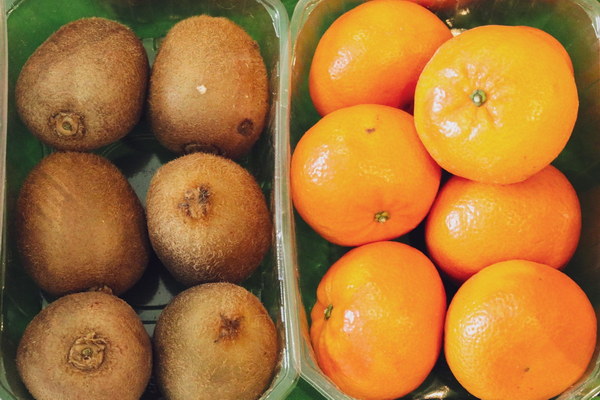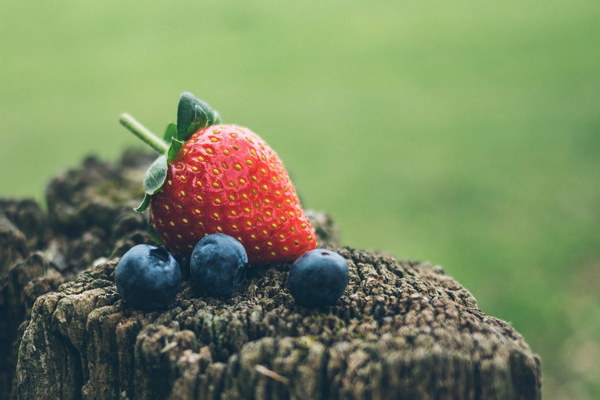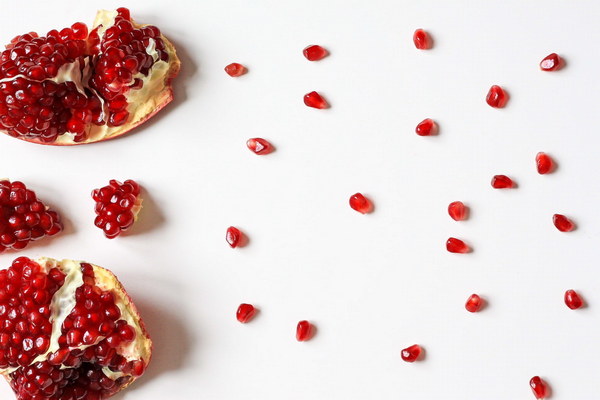Unveiling the Power of Ginger and Mugwort Can They Really Expel Dampness
In the realm of traditional Chinese medicine, ginger and mugwort have long been celebrated for their health benefits. These two natural ingredients are often used in various therapies, including the elimination of dampness, a common ailment in Chinese medicine. But can ginger and mugwort truly expel dampness? Let's explore this topic further.
Dampness, in traditional Chinese medicine, refers to the accumulation of dampness in the body, which can lead to a variety of health issues such as fatigue, joint pain, and digestive problems. According to Chinese medical theory, dampness is a result of an imbalance in the body's Yin and Yang, and it can be caused by factors such as overeating, exposure to cold and damp weather, and a weakened immune system.
Ginger and mugwort are believed to possess properties that can help expel dampness from the body. Let's delve into how these ingredients work in combating dampness.
1. Ginger: A warming spice
Ginger is a well-known spice that has been used in traditional medicine for centuries. It is renowned for its warming properties, which can help to dispel dampness and improve circulation. The heat generated by ginger can warm the body, promoting sweating and the elimination of dampness through the pores.

Ginger also has anti-inflammatory and antioxidant properties, which can help to reduce joint pain and inflammation associated with dampness. Moreover, ginger can improve digestion, which is essential in the elimination of dampness, as poor digestion can lead to the accumulation of dampness in the body.
2. Mugwort: A powerful herb
Mugwort is another traditional Chinese herb that is commonly used to expel dampness. It has a unique ability to stimulate the body's meridians, which are pathways through which energy flows in the body. By activating these meridians, mugwort can help to remove dampness and improve overall health.
In traditional Chinese medicine, mugwort is often used in moxibustion, a therapy that involves burning mugwort near the skin to stimulate acupuncture points. This process can help to expel dampness, improve circulation, and reduce pain. Additionally, mugwort has antiseptic and anti-inflammatory properties, which can further contribute to the elimination of dampness.
How to use ginger and mugwort to expel dampness
Now that we understand how ginger and mugwort can help expel dampness, let's look at some practical ways to incorporate these ingredients into your daily routine.
1. Ginger tea: Brew a cup of ginger tea by adding fresh or dried ginger slices to hot water. Drink this tea regularly to help warm your body and eliminate dampness.
2. Moxibustion: If you're interested in trying moxibustion, consult with a qualified practitioner who can guide you through the process. Moxibustion can be an effective way to expel dampness and improve your overall health.
3. Ginger and mugwort recipes: Incorporate ginger and mugwort into your cooking. You can add fresh ginger to stir-fries or soups, or use mugwort in herbal teas and other beverages.
Conclusion
While there is no scientific evidence to support the claim that ginger and mugwort can expel dampness, many people have experienced relief from dampness-related symptoms by incorporating these natural ingredients into their daily lives. Whether you believe in traditional Chinese medicine or not, ginger and mugwort are both nutritious and versatile ingredients that can contribute to a healthier lifestyle.
Incorporating ginger and mugwort into your diet and wellness routine may help you combat dampness and improve your overall well-being. As with any supplement or therapy, it's essential to consult with a healthcare professional before making significant changes to your health regimen.









